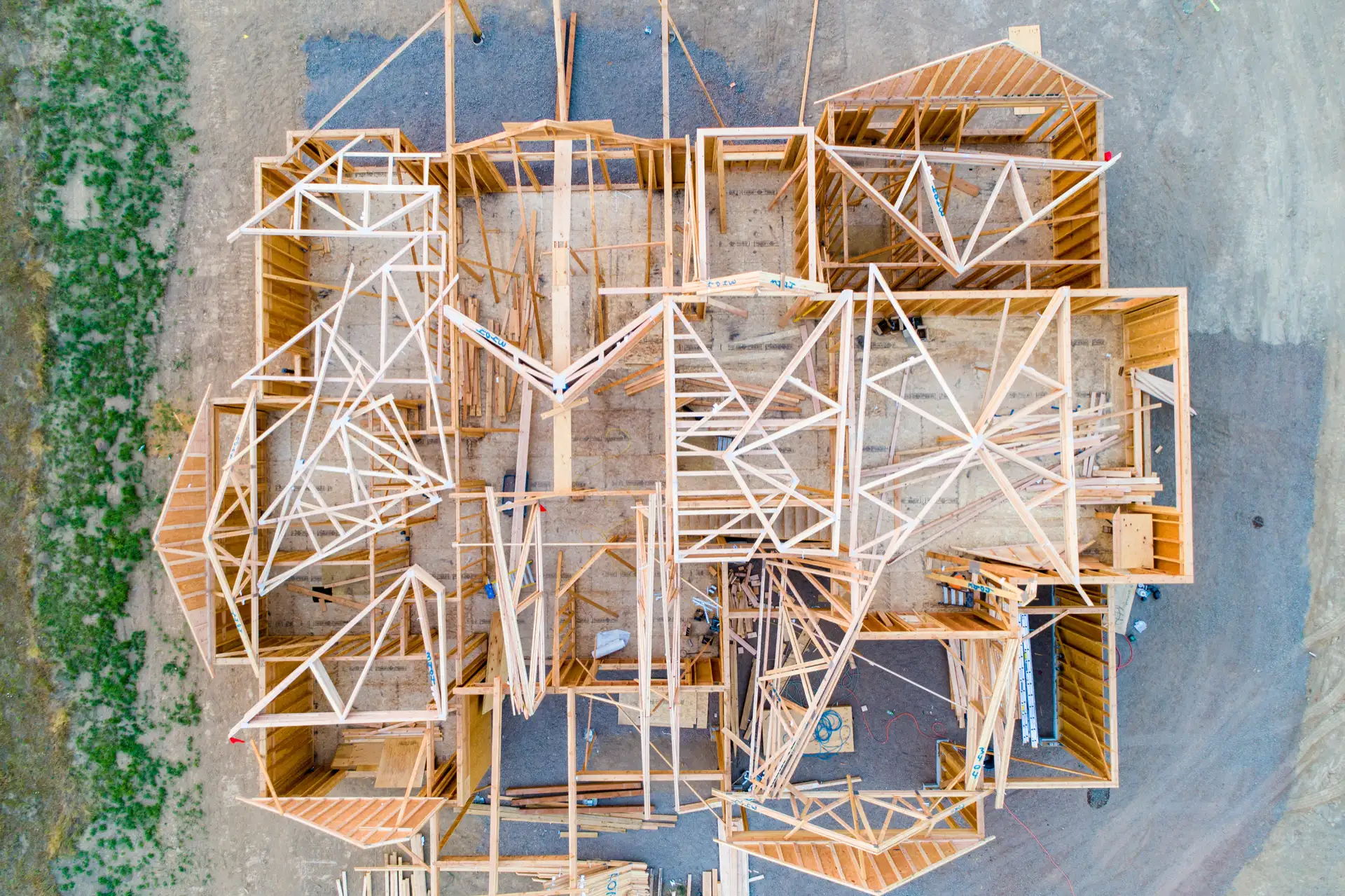It is crucial for homebuyers to thoroughly review and comprehend the details of a new home build contract. Even if the builder does not permit modifications to their standard contract, it is still essential to understand the terms and conditions. The contract is a legally binding document that lays out the terms and conditions of the home purchase, and it is important that homebuyers take the time to read and fully understand the terms before signing. In this article, I will provide several tips on reading and understanding your new home build contract.
1. Check the Earnest Money Clause:
One of the most important parts of the contract to review is the earnest money clause. Earnest money is a deposit that you pay to the builder when you make an offer on a home, and it shows that you are serious about buying the property. The amount of earnest money required can vary, but it is typically a percentage of the purchase price.
The earnest money clause in the contract will specify the conditions under which you can get your earnest money back if the purchase falls through. For example, if the builder is unable to complete the home on time, if the home does not meet certain specifications, or if the builder otherwise breaches the contract, you might be entitled to a refund of your earnest money. Make sure you understand these conditions before you sign the contract.
2. Understand the Schedule and Completion Date:
Another important aspect to consider when reviewing your new home build contract is the construction and completion schedule. The schedule will outline the estimated time frames for the completion of various stages of the construction, such as framing, plumbing, and electrical work. Understanding the schedule and ensuring it meets your needs and expectations is important.
Understanding the consequences of the builder not completing the home on time is also essential. In most cases, the contract will have a completion date or a range of dates for the builder to finish the construction. If the builder does not meet the deadline, they may be in breach of contract. First, however, it’s important to understand the specific terms and consequences outlined in the contract for missed deadlines.
3. Review the Warranty and Dispute Resolution Clauses:
Another important part of the contract to review is the warranty and dispute resolution clauses. These clauses specify the builder’s obligations to repair defects in the home, and outline the process for resolving disputes between the builder and the homeowner.
Make sure you understand what the warranty covers, how long it lasts, and what the process is for making a claim. You should also review the dispute resolution clause to understand what options are available to you if a dispute arises, and what the risks are if you breach the contract.
4. Look for Hidden Fees:
Finally, it’s important to review the contract for any hidden fees that could come as a surprise later. For example, some contracts may include fees for upgrades or changes to the home that were not included in the original purchase price. Make sure you understand all the fees associated with the home purchase and ask the builder to clarify any that are unclear.
5. Get Help if you Don’t Understand:
Home build contracts can be complex legal documents. If you’re not familiar with the terminology and legal jargon used in the contract, it’s a good idea to seek the help of an attorney to better understand the risks and benefits of the contract.
In conclusion, reading and understanding your new home build contract is crucial to protecting your investment and avoiding costly mistakes.


